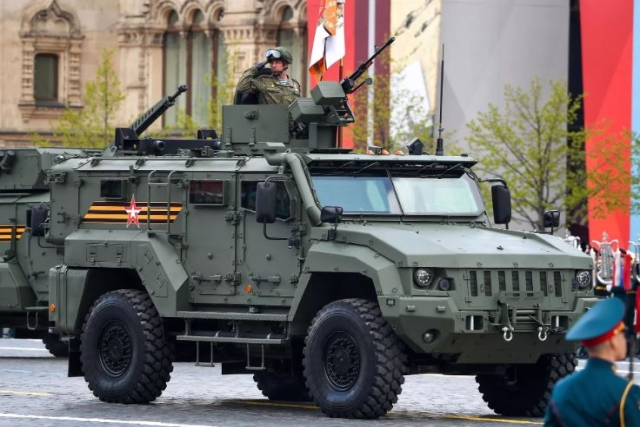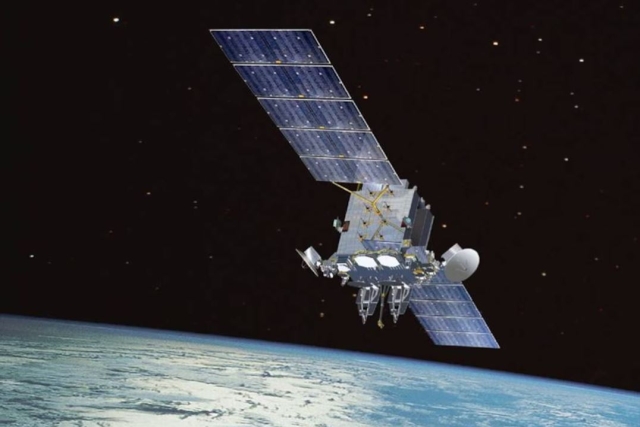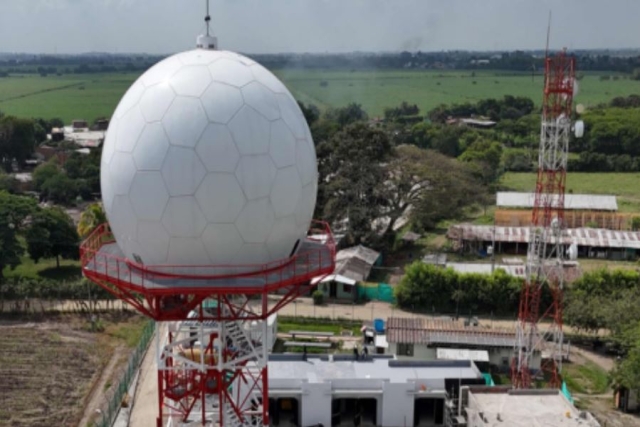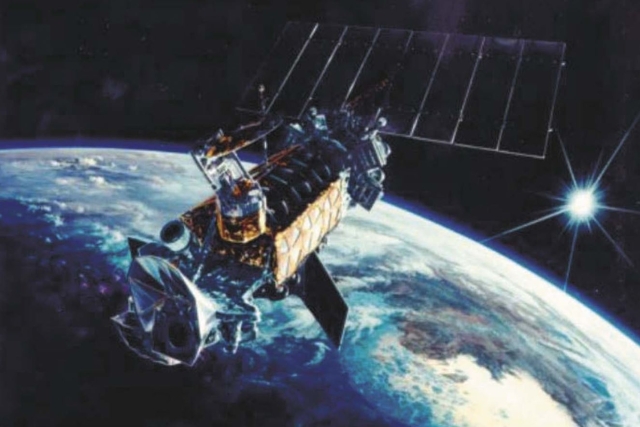Rolls-Royce Completes Factory Acceptance Test Of MT30 Gas Turbine For Royal Navy’s Type 26 Combat Ship
Rolls-Royce on Monday marked the completion of a successful factory acceptance test for the first MT30 Gas Turbine for Royal Navy’s new Type 26 Global Combat Ship programme.
Rolls-Royce has signed a contract to supply MT30 gas turbines for the first three Royal Navy Type 26 Global Combat Ships. The company has also signed Design Development Agreements (DDAs) with BAE Systems for steering gear, stabilisers, and mission bay handling equipment. There is also a DDA in place for diesel generator sets to power the ship’s electric drive system.
Philip Dunne MP, Minister for Defence Procurement, said: “I am very pleased to welcome the delivery of the first Type 26 Global Combat Ship MT30 Gas Turbine engine, which will be a key long lead item for the programme. The Type 26 will be a multi-mission warship with capability to meet the future demands of the maritime environment, including complex combat operations, counter piracy, humanitarian and disaster relief work.”
Geoff Searle, BAE Systems, Programme Director Type 26 Global Combat Ship, said: “Today is a significant milestone on our journey to deliver Type 26 to the Royal Navy and it really shows the momentum that there is behind this programme.
“Type 26 will be the backbone of the UK’s surface fleet and a strong industrial base is essential to sustaining this naval capability. Our partners and suppliers play a key role in working with us to deliver this programme, which is supporting a great many skilled UK jobs in BAE Systems and across the whole supply chain.”
Don Roussinos, Rolls-Royce, President – Naval, said: “Successful completion of the factory acceptance test is a significant achievement for everyone involved in the Type 26 Programme. Producing 36 to 40 megawatts the MT30 gas turbine is the world’s most powerful in-service marine gas turbine with the highest power density and will deliver a high power output in a compact space – an essential factor for naval propulsion.”
The factory acceptance test, which has to be completed before the gas turbine can be delivered, was carried out at the Rolls-Royce Test Facility in Bristol. The engine was put through a week of rigorous performance tests, witnessed by representatives from BAE Power Systems.
Commodore Paul Methven, who is in charge of the Type 26 programme at the MOD's Bristol-based Defence Equipment and Support organisation, which employs 12,500 people, said: “This is a key milestone for the Type 26 project. It is a direct result of the substantial investment announced in February last year and, following the unequivocal commitment to Type 26 declared in the recent Strategic Defence and Security Review, shows that this project is beginning to move from paper to real equipment. Getting to this stage is testament to the skills and hard work of all the people involved and I look forward to more milestones being delivered through 2016.”
The MT30 is derived from Rolls-Royce Trent aero engine technology and builds on over 45 million hours of operating experience and ultra-high reliability. It is initially built as separate modules on the same build line as the Rolls-Royce Trent aerospace engines in Derby. It is then assembled at the company’s Bristol facility.
Rolls-Royce MT30s are also being installed in the Royal Navy’s new Aircraft Carriers HMS Queen Elizabeth and Prince of Wales. They are also in service with the US Navy and have been selected for the Republic of Korea Navy’s latest Frigate programme.









